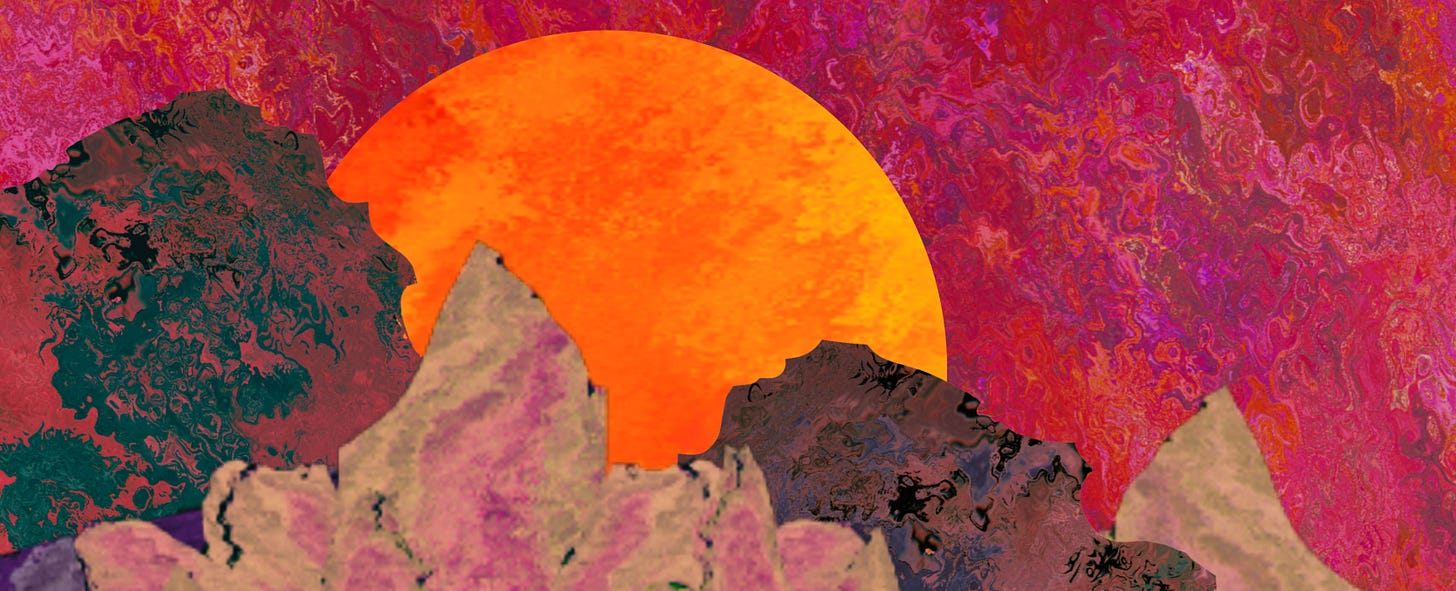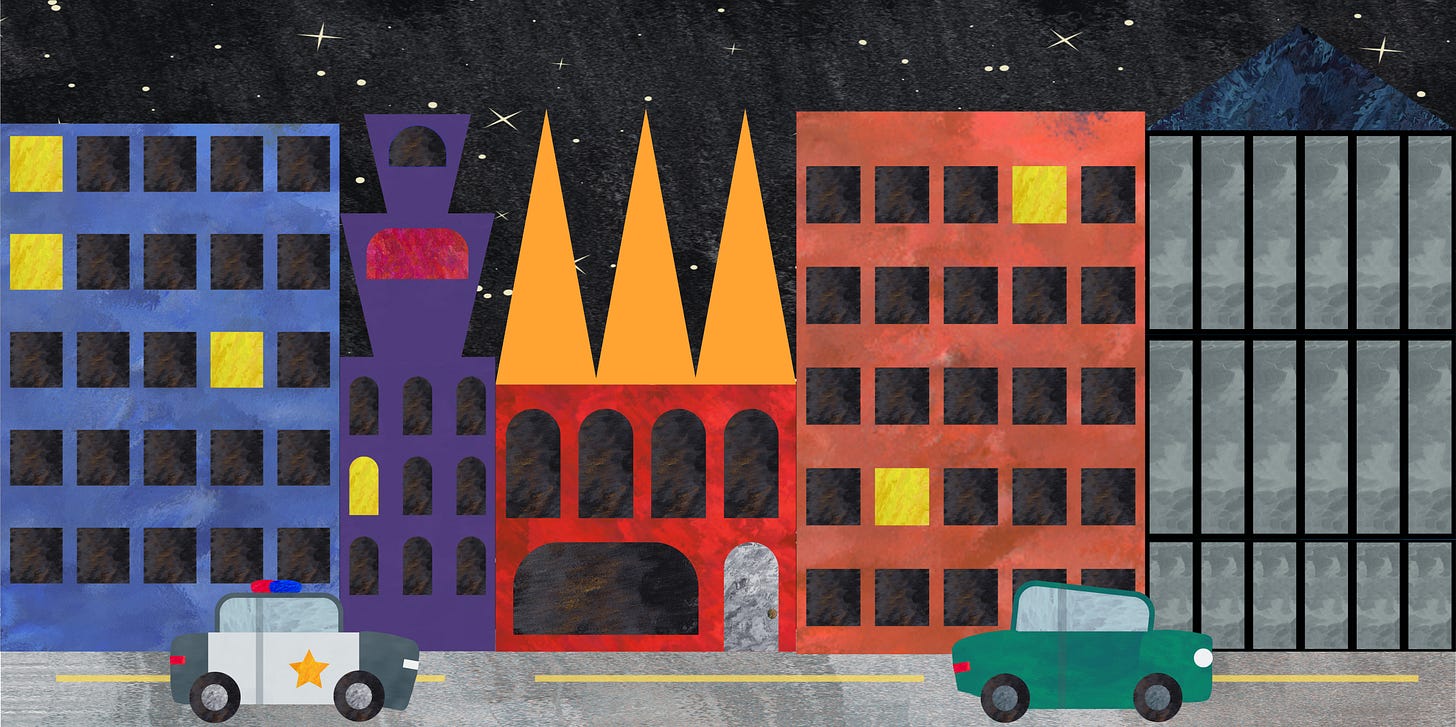Welcome!
I’m an Oregon-based writer, poet, illustrator, collage artist, and creative rambler. I create comic strips, poetry comics, and graphic essays.
Weirdo Poetry is about noticing the world around us and feeling a sense of wonder about all of it.
I’m the author of Pirate Haiku, Horror Haiku, and the author & illustrator of Quantum Joy Infinite Melancholy, Wild Divinity, and Weirdoku: An Experimental Haiku Zine Series.
I publish at least one free post and one paid post each week.
Some of my favorite posts include Cursive Cigarettes, Our Worst Moments, Eternity in Three Acts, and That Ain’t No Matter.
You can find a sense of wonder in your inbox each day!
Paid Subscriptions Keep Weirdo Poetry Going!
If you appreciate the work that goes into the daily poetry comics and everything else that you find in an issue of Weirdo Poetry, please consider becoming a paid subscriber. You receive a special members-only edition each Tuesday and Thursday, and free digital versions of each of my zines and books as they are published.
I love hearing from readers. Please feel free to drop a comment on my posts! You are also always welcome to forward Weirdo Poetry to your friends and family.







